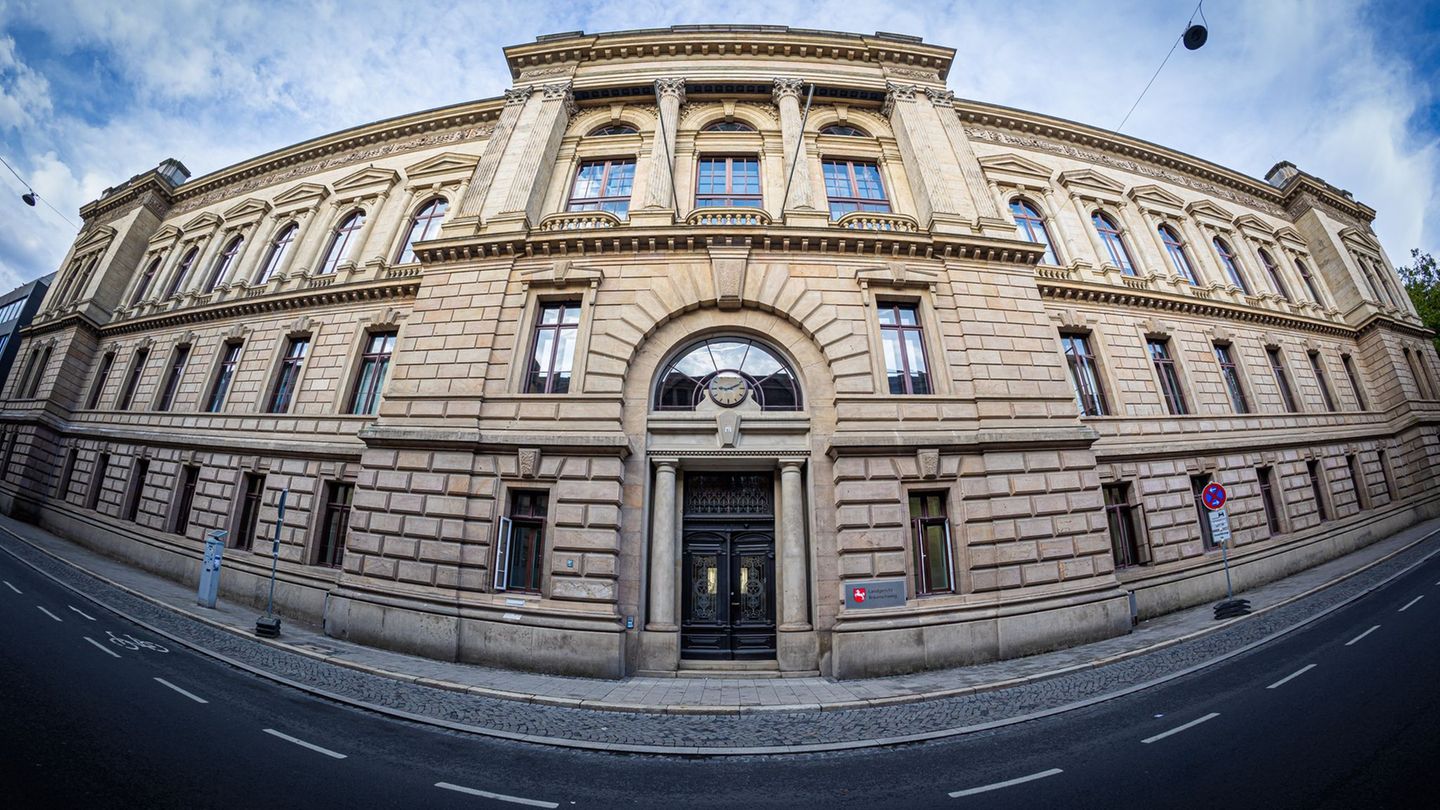State parliament plenum
Saar state parliament becomes part of the Francophonie
Copy the current link
Saarland considers itself the most French of all federal states. The members of the state parliament therefore want to be present at the meetings of Francophone parliamentarians in the future.
In the future, the Saarland state parliament wants to be one of those parliaments for which the French language is of particular importance. The state parliament in Saarbrücken decided unanimously to submit an application for full membership to the Parliamentary Assembly of the Francophonie (APF). The APF invited the state parliament to do this.
The Parliamentary Assembly is an advisory body to the Organization Internationale de la Francophonie (OIF), which includes more than 90 states and governments. Saarland has had observer status there since October.
“Our region was never just German or French, it was always both,” said SPD parliamentary group leader Ulrich Commerçon. “Our history is characterized by two cultures, the German and the French.
CDU parliamentary group leader Stephan Toscani said that comprehensive understanding was also a political mandate for the federal state. “It’s something unique that a German federal state is joining the French-speaking area. It’s actually something spectacular.”
A very special story
Saarland has a special relationship with France due to its border location and history. Parts of the Saarland have been under French control off and on since the 17th century. After the First World War, Saarland was part of the French economic area and became part of the German Empire again after a referendum in 1935.
After the Second World War, Saarland was administered by a French high commissioner until 1956 and only joined the Federal Republic of Germany on January 1, 1957.
State Parliament President Heike Winzent (SPD) pointed out that the first Saarland constitution from 1947 was written in both German and French. “Today it is up to us to continue this Francophone tradition.”
The Parliamentary Assembly of the Francophonie (APF), founded in 1967, has 95 members whose commonality is the appreciation of the French language. The meeting is intended to be a forum in which suggestions and information on all issues of common interest can be debated.
According to its own statements, the assembly is committed to ensuring that French is used in as many parliaments as possible and that as many MPs as possible speak French even in places where French is not the official language.
Full members of the OIF include Canada and many West and Central African countries, as well as countries such as Greece, Egypt and Vietnam. There are also associated states and governments with observer status.
dpa
Source: Stern
I have been working in the news industry for over 6 years, first as a reporter and now as an editor. I have covered politics extensively, and my work has appeared in major newspapers and online news outlets around the world. In addition to my writing, I also contribute regularly to 24 Hours World.




